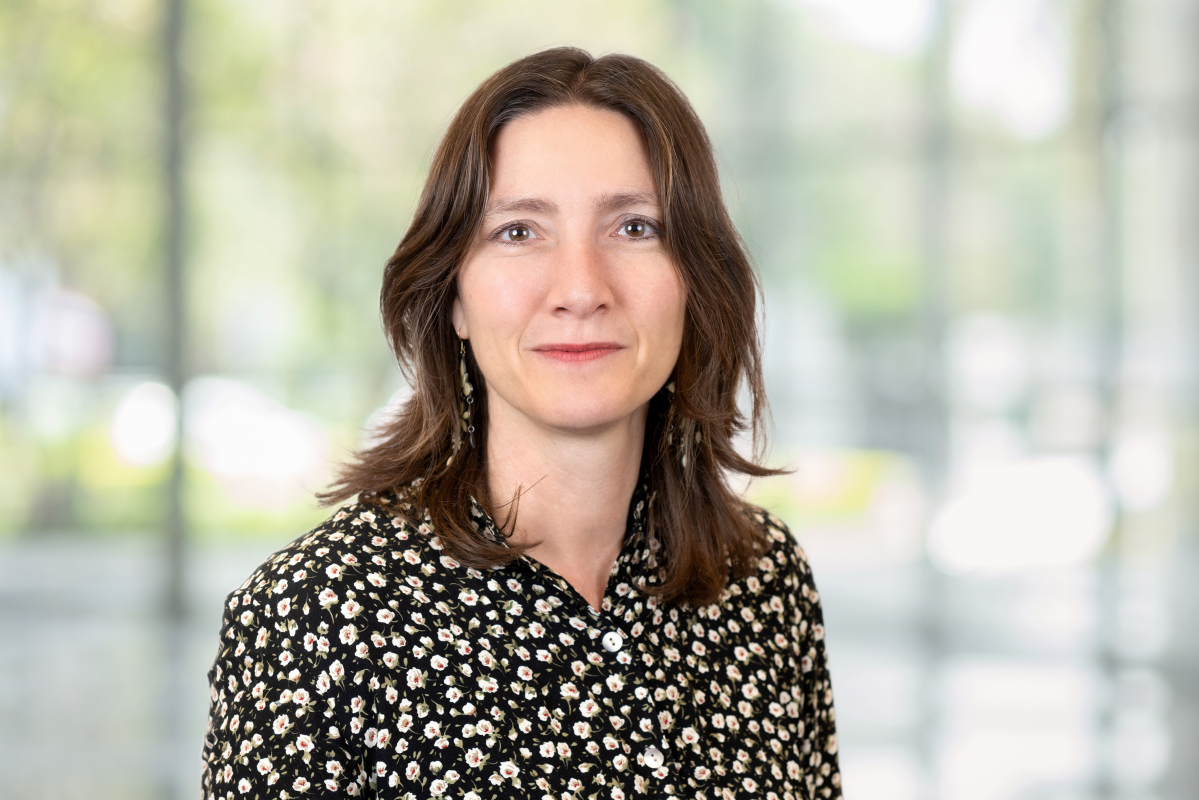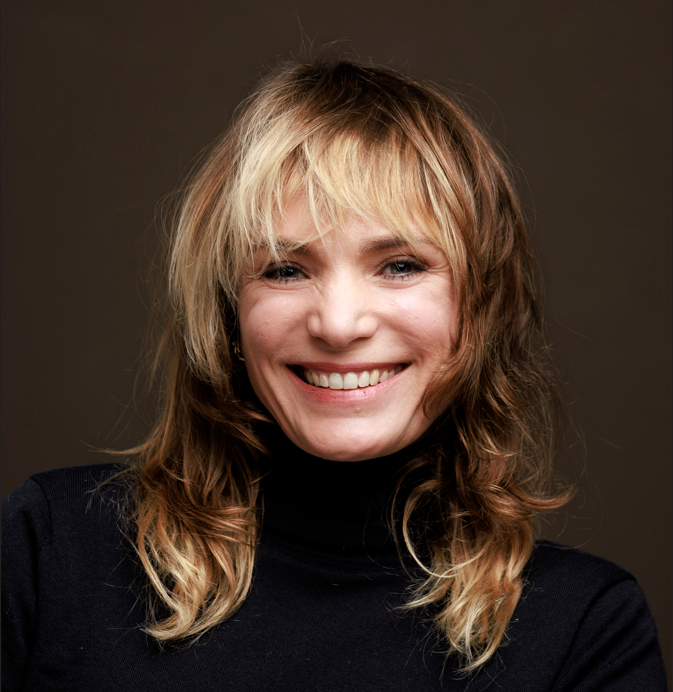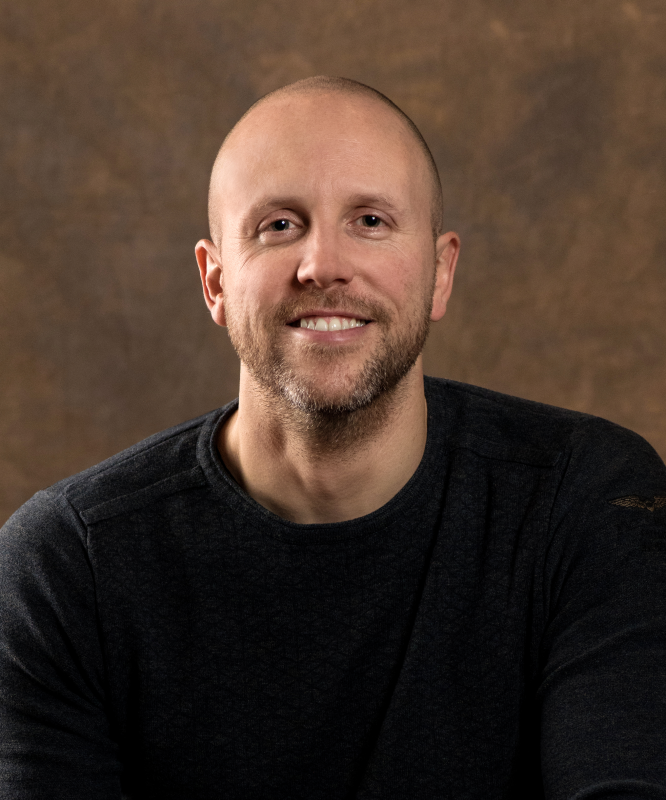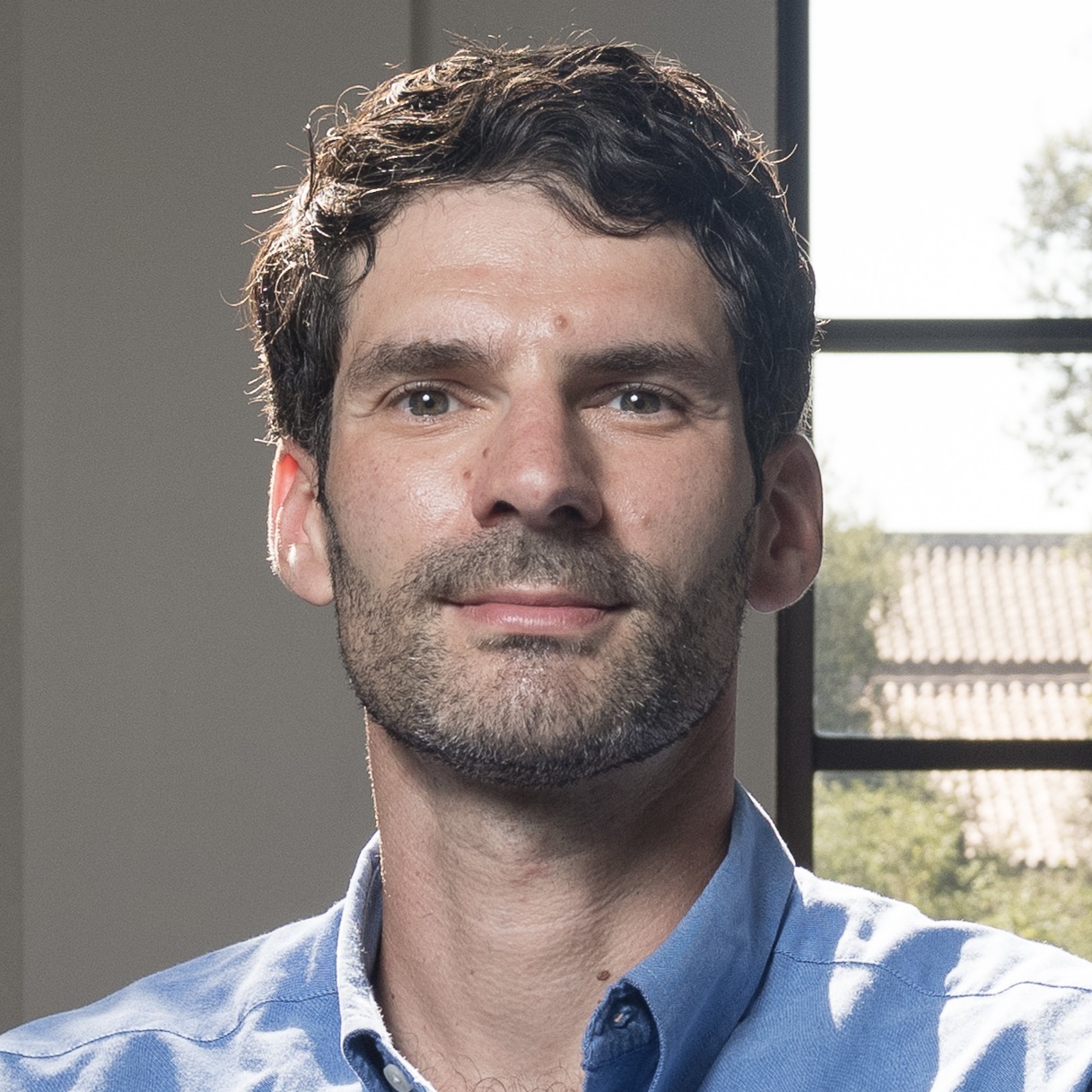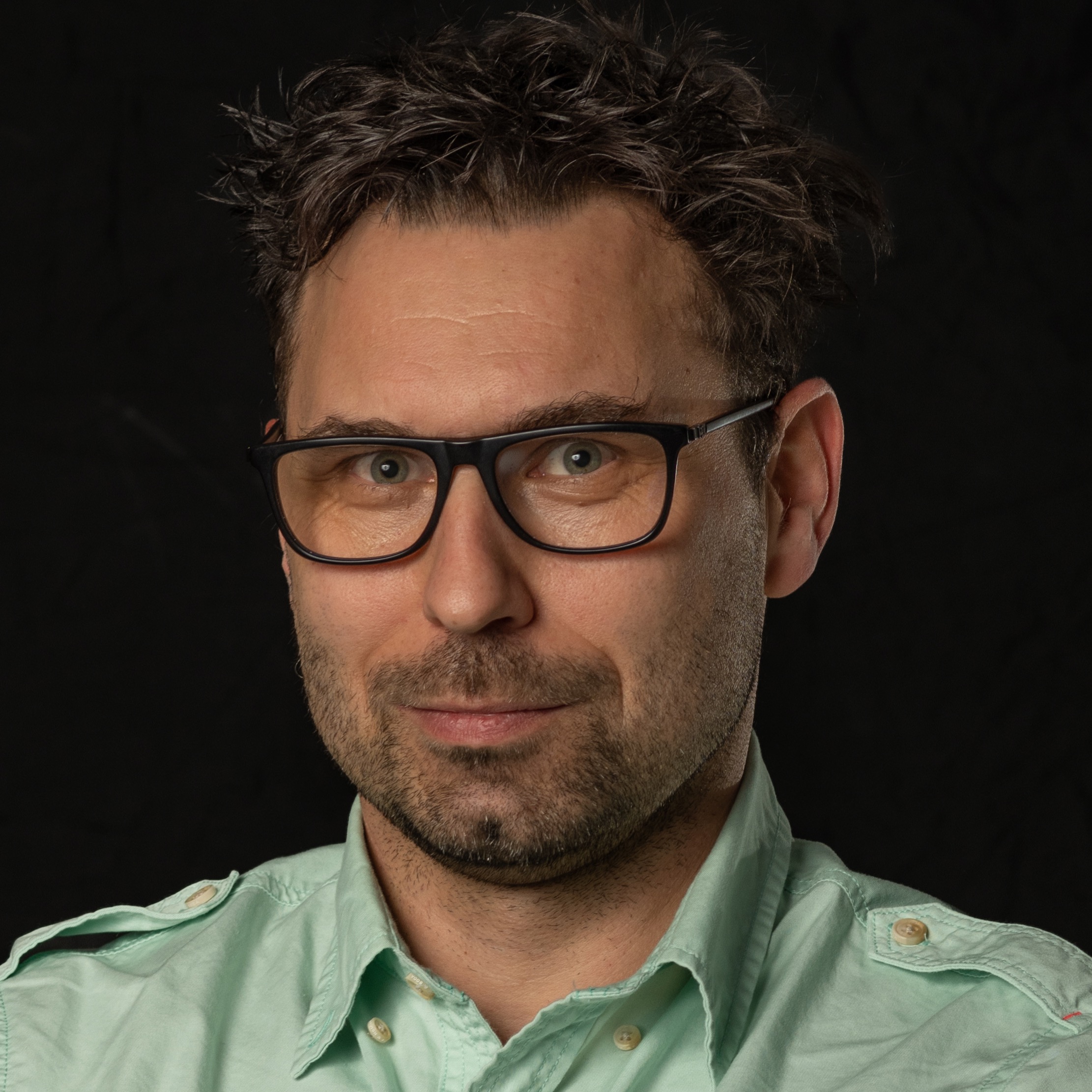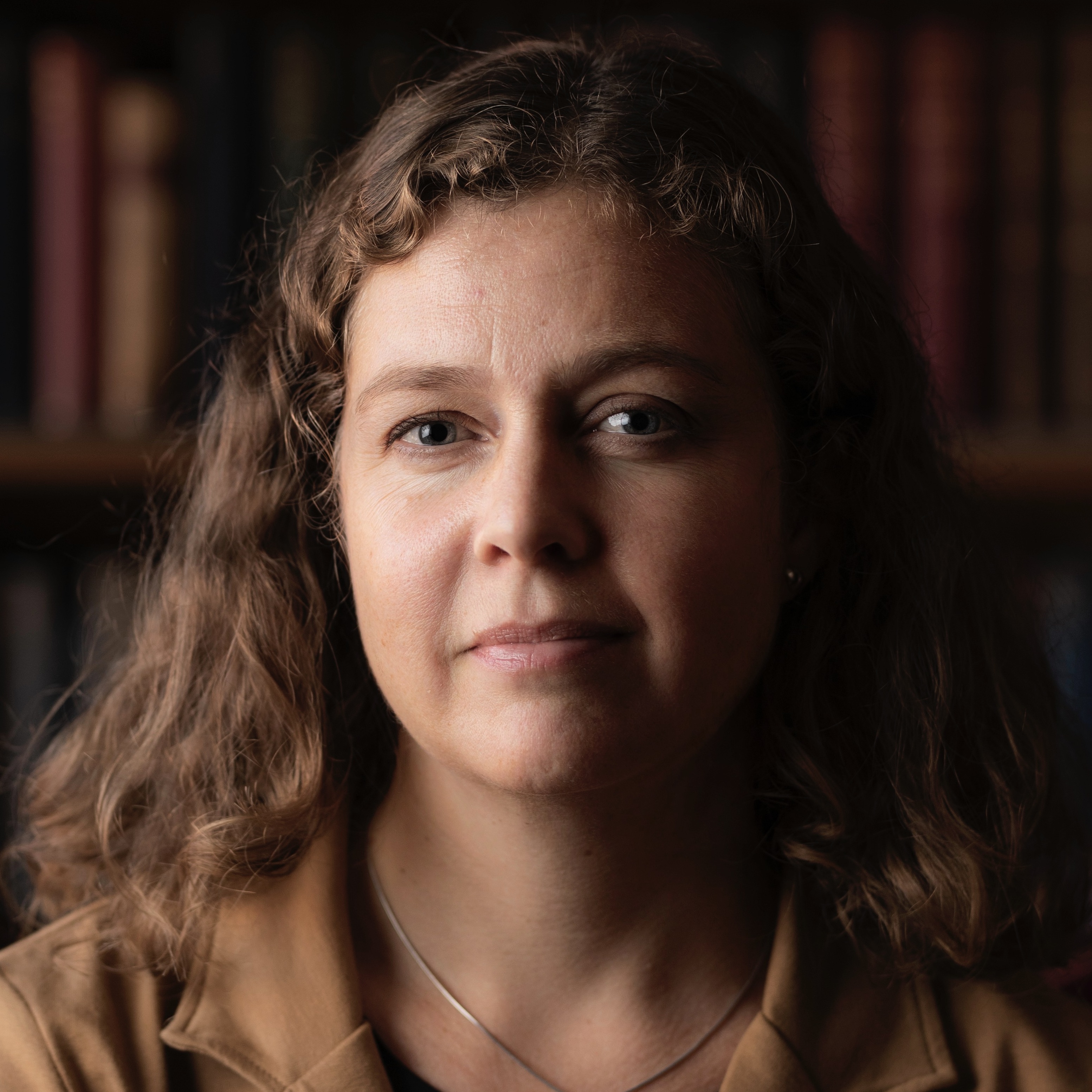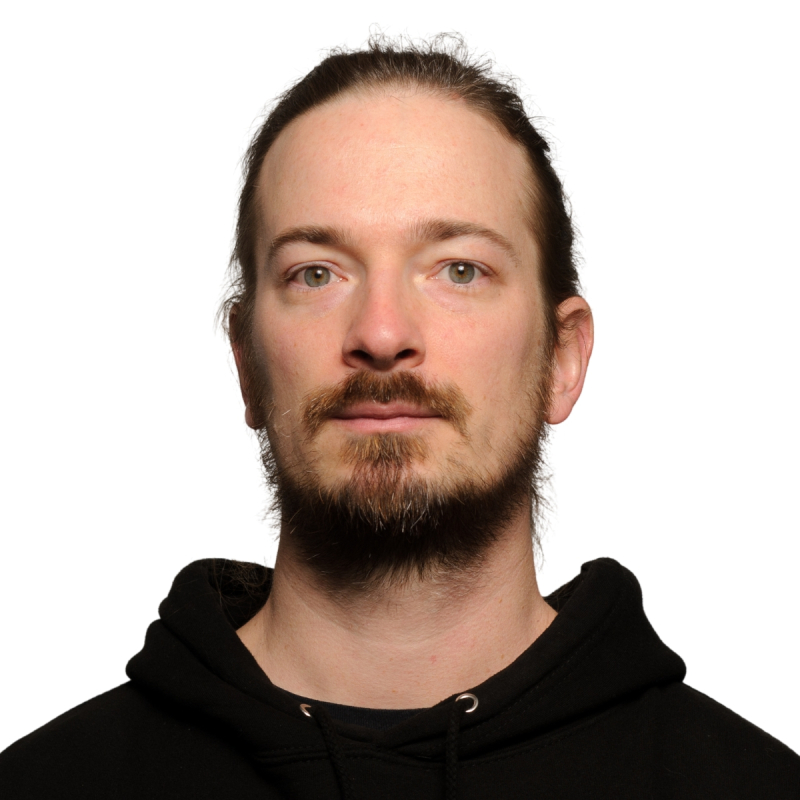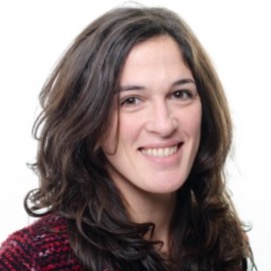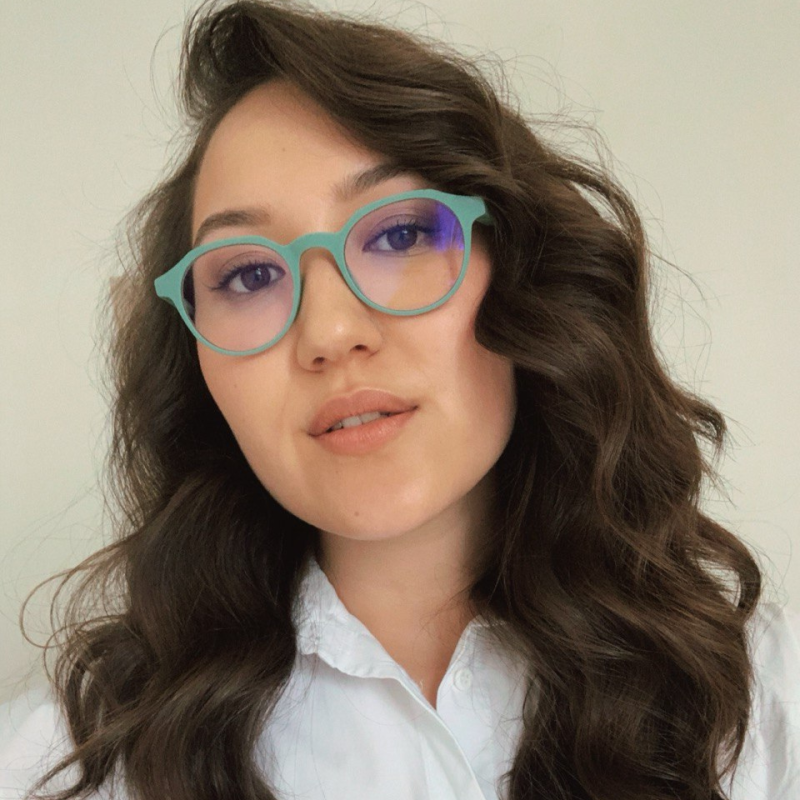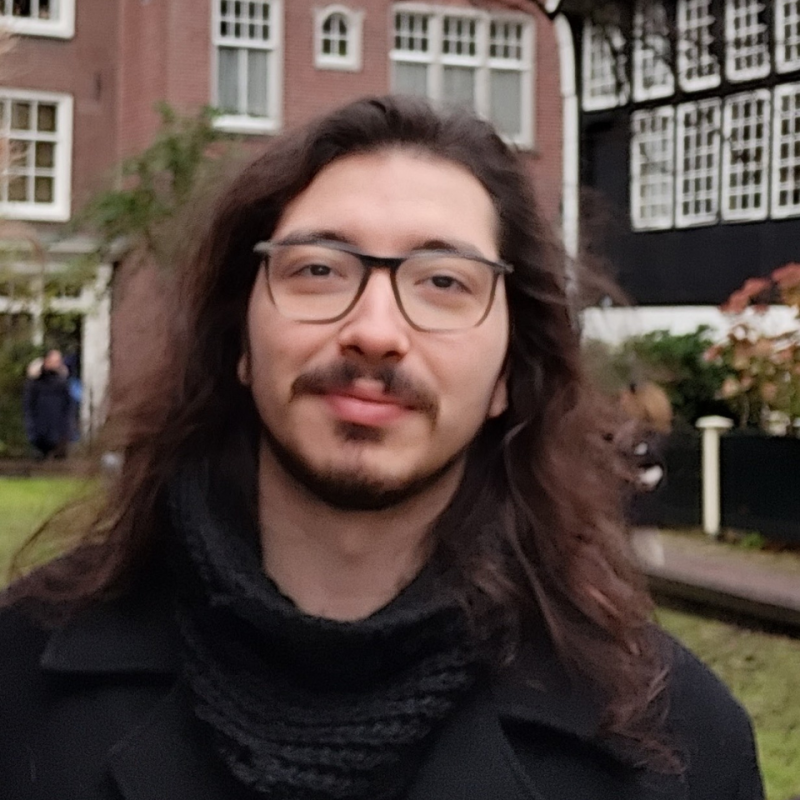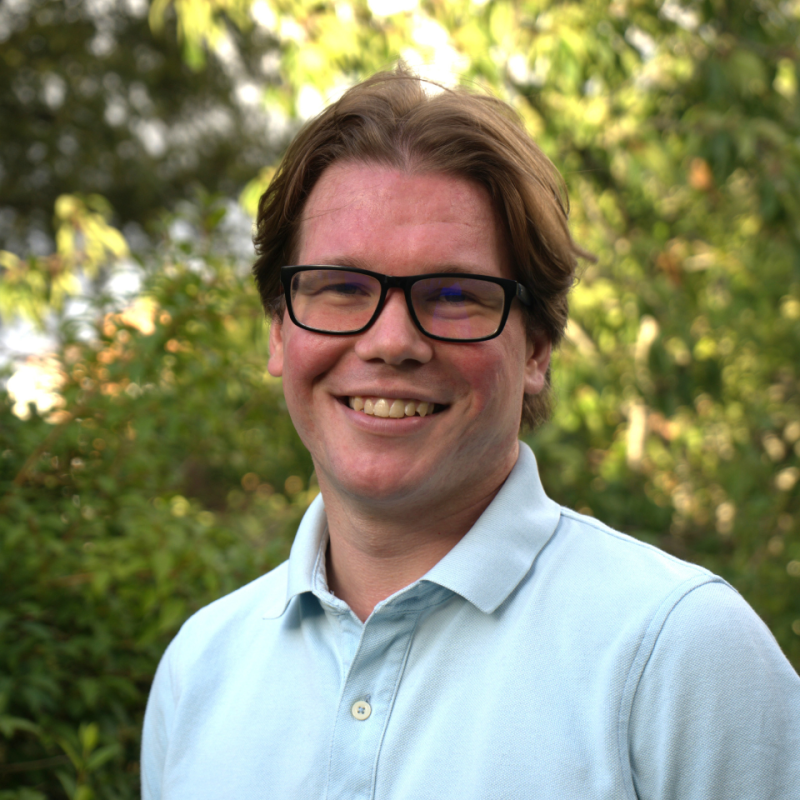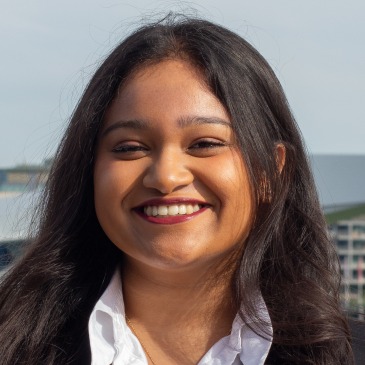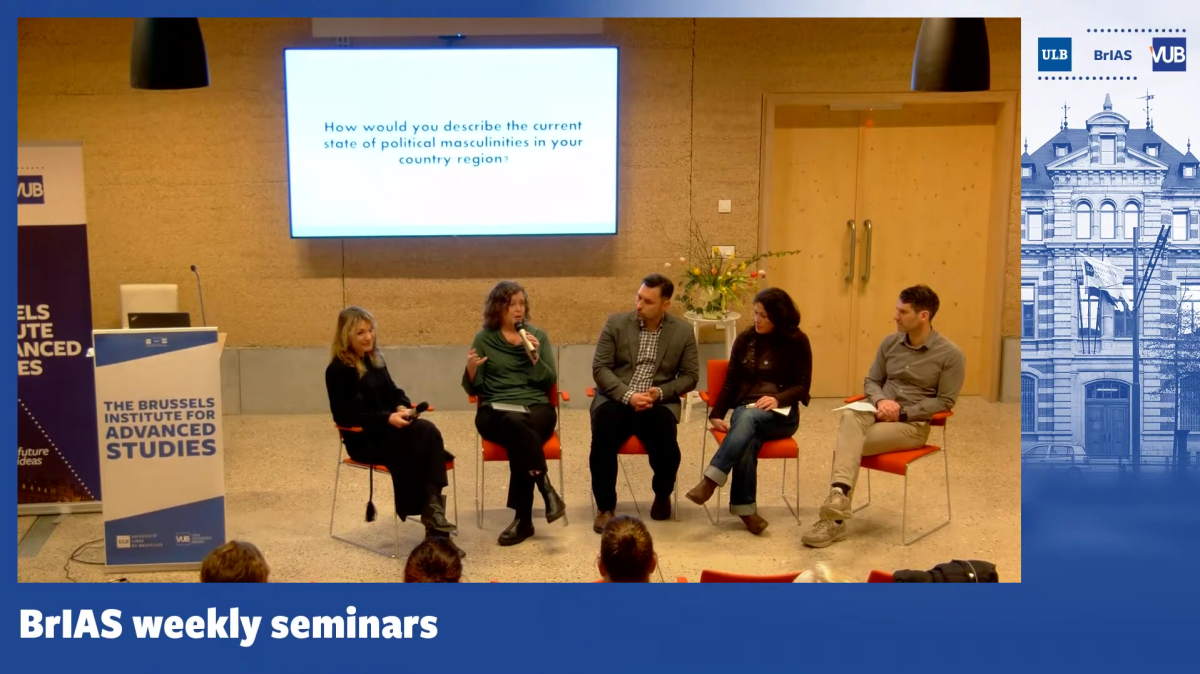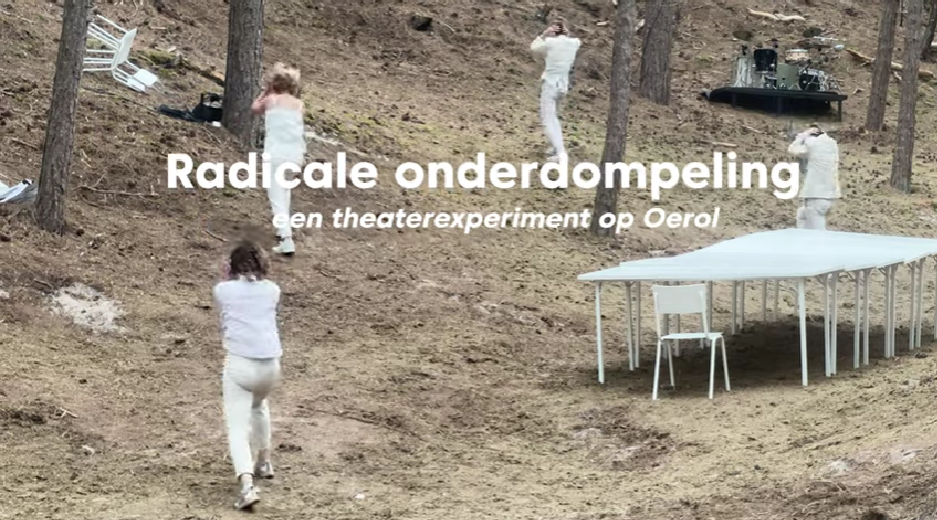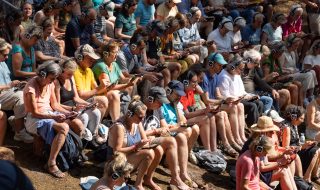About the project
Politics has traditionally been “a man’s world”, and most politicians have been men. This imbalance is decreasing. But at least as important, even though less tangible and appreciated, are the gendered norms that have pervaded politics: political masculinities—gendered conventional ideas about desirable and appropriate behavior of politicians. Casual observation reveals that these masculinities clearly matter—comparable to how gendered roles continue to structure family or work life. Yet heated public debates notwithstanding, we have little scientific understanding of when and where political masculinities shape political life, how that varies across countries, and how it has changed over time.
This project shifts the focus from male-dominated politics to political masculinities in its bid to understand and explain gendered political inequality. It asks: how do masculinities structure politics? To answer this question, the project identifies, maps, and theorizes political masculinities across several European countries and in the European Parliament. It establishes how these masculinities are constructed (formally and informally), how they are claimed by politicians themselves (from the inside), and how they are ascribed to politicians by citizens (from the outside). Its novel framework establishes how socio-political transformations, political socialization, political ideology, lived experiences, and gender identification shape political masculinities, appreciating cross-country variation and other axes of diversity, as implied by intersectionality. The project’s mixed-method design integrates interviews, organizational ethnography, focus groups, narrative analysis, participant observation, and survey experiments.
The paradigmatic shift to political masculinities that this project advocates and implements offers a pioneering lens to understand the gendered nature of politics. Going beyond simplistic man/woman binaries, this project proposes a much more subtle understanding of entrenched privilege, but also of its potential for change. This perspective not only promises academic innovation far beyond the project, but also a fresh impetus to fraught public debates, going past obsolete and polarizing stereotypes.

VICI grant NWO | VI.C.231.039 | 2024–2029


